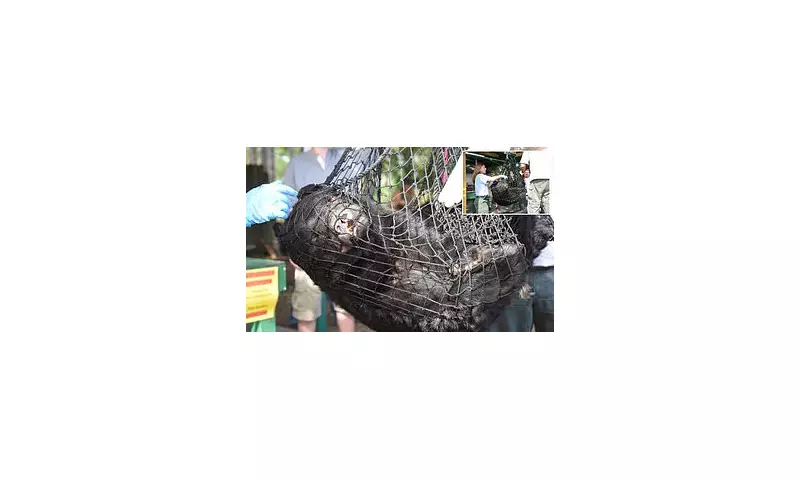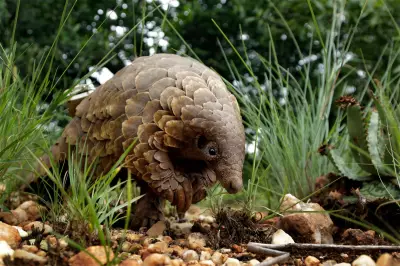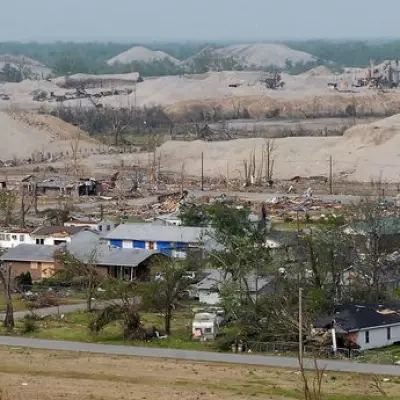
A judge in Florida has given the green light to the state's first black bear hunt in almost ten years, a decision that places as many as 172 of the animals in danger. Leon County Circuit Judge Angela Dempsey rejected a last-ditch attempt by the non-profit group Bear Warriors United to stop the cull, which is scheduled to begin in December.
The Legal Battle and Hunting Details
Judge Dempsey turned down the request for an injunction, stating that the group had not demonstrated a 'substantial likelihood of success on the merits' of its lawsuit. The controversial hunt is now set to run from December 6 through 28 on lands outside the official wildlife management area system.
The Florida Fish and Wildlife Conservation Commission (FWC) has issued a total of 172 hunting permits, with each permit holder authorised to kill a single bear. The hunt will be confined to four specific regions: the Apalachicola area west of Tallahassee, lands west of Jacksonville, a zone north of Orlando, and the Big Cypress area southwest of Lake Okeechobee.
A History of Controversy and New Safeguards
Bear hunting in Florida has a long and contentious history. It began in the 1930s and continued until 1994, when it was suspended because the bear population had plummeted to under 500 animals. A hunt was briefly reinstated in 2015 but was called off early after a startling 304 bears were killed in just two days.
Authorities insist that this year's hunt has been designed with much stricter limits to prevent a similar outcome. Judge Dempsey supported this, noting, 'That 2015 hunt was found constitutional... and this hunt is significantly more conservative... both in number of bears that could be harvested, as well as the timing.' The timing is intended to reduce the likelihood of female bears being killed.
Clashing Arguments Over Science and Management
Despite these assurances, Bear Warriors United and their attorney, Thomas Crapps, fiercely contest the decision. They argue that the FWC approved the hunt in August using outdated data and population models from 2015, which estimated the statewide bear population at roughly 4,050. Crapps described the information as 'stale' and not based on 'sound' science.
In response, the FWC's bear program coordinator, Michael Orlando, testified that bear population studies remain valid for extended periods based on factors like survival and birth rates. He asserted that the commission used the 'best available science' and planned the hunt conservatively. Orlando controversially claimed that even if all 172 permits resulted in the death of female bears, it 'would still not impact the population'.
The FWC maintains that the regulated hunt is a necessary tool for wildlife management. The agency stated, 'Hunting allows the FWC to start managing population growth rates... Slowing population growth will help balance population numbers with suitable habitat.'
Rhonda Parnell, acting deputy general counsel for the commission, dismissed the lawsuit as 'whining about what they did not get', emphasising that the courts have consistently upheld the FWC's authority to regulate hunting. With the legal challenge defeated, the hunt is poised to proceed, reopening a deep divide between conservation, population control, and animal welfare in the Sunshine State.






